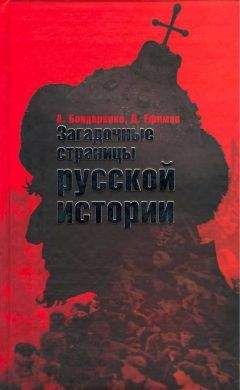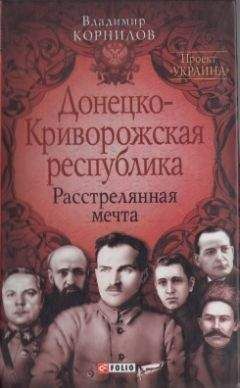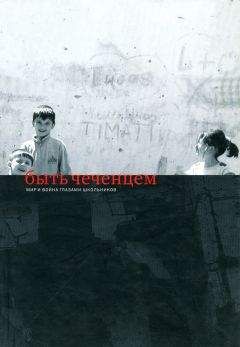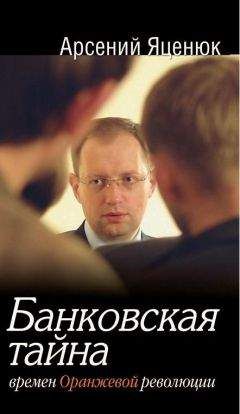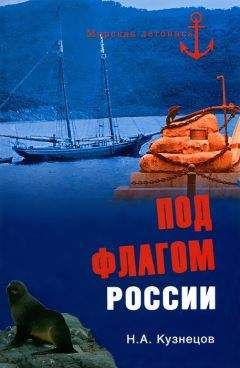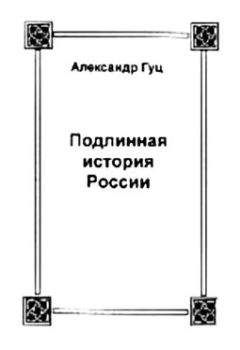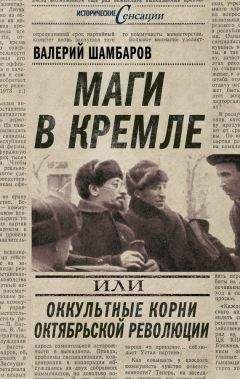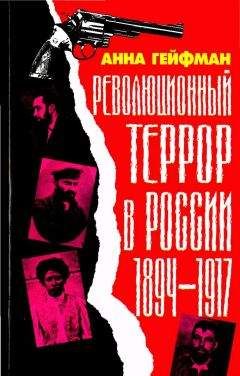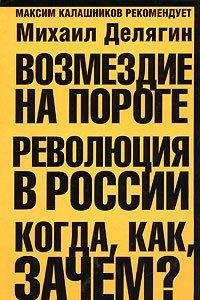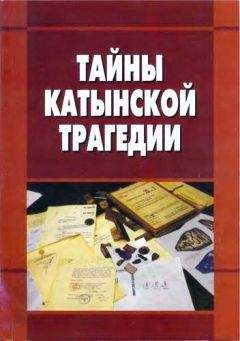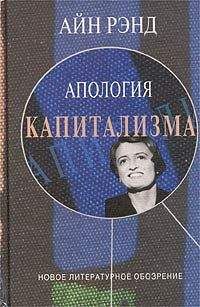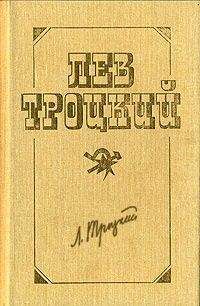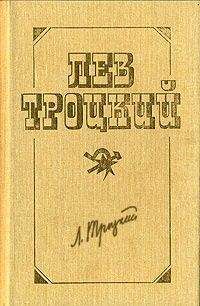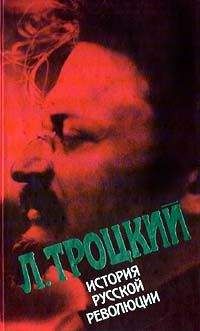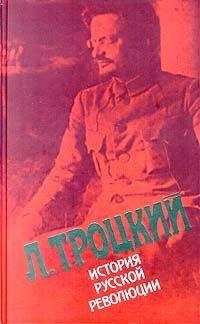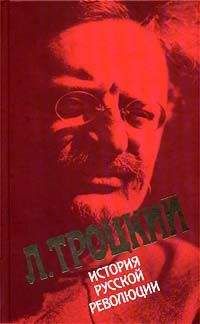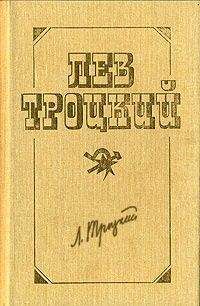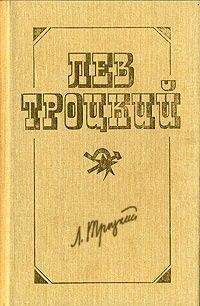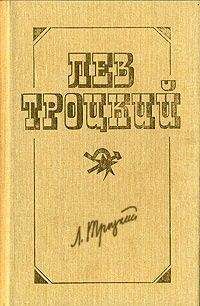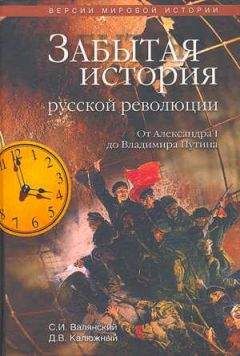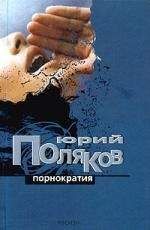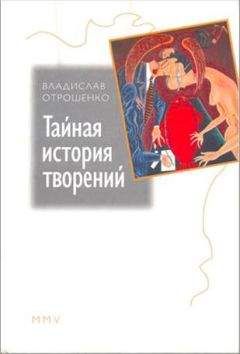Александр Гриценко - Антропология революции
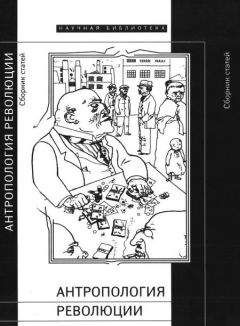
Скачивание начинается... Если скачивание не началось автоматически, пожалуйста нажмите на эту ссылку.
Жалоба
Напишите нам, и мы в срочном порядке примем меры.
Описание книги "Антропология революции"
Описание и краткое содержание "Антропология революции" читать бесплатно онлайн.
В эту книгу вошли статьи, написанные на основе докладов, которые были представлены на конференции «„Революция, данная нам в ощущениях“: антропологические аспекты социальных и культурных трансформаций», организованной редакцией журнала «Новое литературное обозрение» и прошедшей в Москве 27–29 марта 2008 года. Участники сборника не представляют общего направления в науке и осуществляют свои исследования в рамках разных дисциплин — философии, истории культуры, литературоведения, искусствоведения, политической истории, политологии и др. Тем не менее их работы, как нам представляется, могут быть рассмотрены с точки зрения некоторых общих методологических ориентиров. Радикальные трансформации, объединяемые под именем революции (политические, научные, эстетические, сексуальные…), исследуются в этой книге как взаимодействие субъектов, активно участвующих в этих событиях, сопротивляющихся или пассивно принимающих новые «правила игры».
Laurent Thévenot (Paris, EHESS, Institut National de la Statistique et des Etudes Economiques). «Upside down: French May 68 turning community and personality head over heels». French May 68 was a remarkable occasion to relaunch, experience and learn critical activities. Here, we concentrate on the intense and creative elaboration of words and images which display the significant and emotional core of what was felt as a profound subversive trial. We first consider the critique or reactivation of the different «orders of worth» and bring light on the various notions of hierarchy involved. We then turn to the reappraisal of the different «regimes of engagements» of the person with the world and with others, from the most public ones to the closest ones. The simplistic reduction of May 68 to «individualization» is thus questioned.
Oleksandr Grytsenko (Kyiv, Ukrainian center of cultural research). «Rhetoric of Justice vs. rhetoric of Stability: post-revolutionary changes in value orders and cultural identities (The case of Ukraine)». The article deals with ongoing changes in national and regional cultural identities in contemporary Ukraine as well as political implications of these changes as manifested through current rivalries between Ukraine’s two leading political forces and their leaders, namely, Yulia Tymoshenko’s BYUT and Viktor Yanukovych’s Party of Regions.
Traditionally, Ukraine’s political scene has been seen as a dichotomy of pro-Western, pro-democracy forces based on the western part of the nation (Ukrainian-speaking, national-democratic and arguably ‘more European’), and pro-Russian forces based on its eastern and southern parts (Russian-speaking and Soviet-nostalgic).
The post-revolutionary years, however, revealed the limits of these cultural-political explanations and related strategies. Ukrainian politicians have begun to look elsewhere for convincing alternatives capable of constructing an imagined community broader than those based on the East/West dichotomy. Their efforts resulted in two political strategies promoted by the above-mentioned political forces (which can be labeled, respectively, ‘defense of stability’ and ‘struggle for justice’). Societal preconditions for both strategies, their main messages, their target audiences, and values embodied are reviewed here in detail.
The article also analyses two quite different tactics of political image-building represented in the public personae of the leaders, Viktor Yanukovych and Yulia Tymoshenko. It is argued that these public images are products of mass culture techniques ratherthan of traditional political propaganda campaigns. The leaders, therefore, are indebted much more to the symbolic capital of regional, national and global popular culture for their success than to political meaning of their messages or economic results of their policies.
Viktor Zhivov (Moscow, Russian Language Institute / Berkeley, University of California). «Disciplinary Revolution and the Struggle with Superstitions in Eighteenth-Century Russia: Failures and their Repercussions». The formation of modern state and modern society in various European countries was informed, differently in different cases, by a disciplinary revolution, that is, by the regimentation of the social life originally based on new religious values. The extirpation of superstitions was an important part of this process; «superstitions» could be conceptualized in this process in various manners. The paper describes the peculiarities of this struggle in eighteenth-century Russia and analyzes the consequences of its failure.
Sergey Yarov (St. Petersburg, European University, St. Petersburg Institute of the Russian Academy of Science). «Explaining leaving the RCP(b) in 1919–1922 as a form of expressing political loyalty (on the materials of the State contemporary history archives of the Novgorod region)». The main topic of the article is pressure to conform produced by the revolutionary political institutions. Applications for permission to leave the Party made by the rank and file Russian Communist Party (of Bolsheviks) members had never been used as a primary source before. The author analyses such applications written mostly by former peasants and semiliterate workers that were preserved in the State contemporary history archives of the Novgorod region (Russia). Paradoxically, these documents express more conformism and loyalty to the new, Soviet regime than applications to join the Communist party. This has to do with the fact that leaving the Party could have led to political persecution, so the authors strived to persuade the local functionaries that they support the new regime and that their reasons for leaving the party ranks were not of a political nature. The form of many documents of that kind resemble standard prerevolutionary petitions sent by private persons to various administrative bodies.
Stanislav Savitsky (St. Petersburg, Smolny College of Liberal Arts and Sciences). «Revolutionary train and historical experience». Revolutionary historical experience consists of a variety of social, ideological and cultural realities. One of the keys to understanding it might be an apposition of three planes: mass culture symbols; avantgarde ideologemes, realised though experimental artistic forms; and documental and autobiographic works that that contain elements of socio-psychological analysis. The author chose as his material the political, artistic and social portrayals of trains. Karl Marx’s metaphor portraying revolution as a «locomotive of history» is linked to the way the intellectuals of the second half of the 19th century perceived new communications technologies. Later, for the Futurists the fullness of experiencing history took a form of progressist or pro-urban ideology. The Futurist train does not stop, it is a symbol of being enraptured with speed. Its passenger seeks to lose oneself in its purposeful movement to take part in history. In Soviet propaganda the train is always a sign of the «only true» Utopian Communist idea. For the followers and «junior fellows» of the Futurists who were trying to comprehend the legacy of the revolution — e.g. for a pupil of the Formalists Lidia Ginzburg — the train no longer was connected either with a faith in technical progress or with being enraptured by urbanist speed or Marx’s formula. For her the railroads serve as a metaphor of a society. Her journey described in an essay «Going home» is an attempt to describe socio-psychological reality. Historical experience here presupposes a position not of a participant of revolutionary events but that of a self-conscious observer of an unpredictably changing society.
In Marina Raku’s (Moscow, State Art Studies Institute) article «„Music of the revolution“ in search of a language» a question is posed as to what transformations the musical image of revolution underwent in the minds of an educated part of the Russian population in the 1910s-1930s: from the romantic and visionary project of the Silver age — through forming a peculiar musical mythology of the 1920s — and ending with a developed musical «Soviet street» culture, that travestied the image of revolution. What became the real «music of the revolution» in the early Soviet period was not the neo-Romantic symphonic works in the tradition of Ludwig van Beethoven, Richard Wagner and Aleksandr Scriabin, but rather the sentimental and politically nihilist popular songs that were often based on the jazz interpretations of criminal and déclassé folklore. It had to do with the fate that the revolutionary era contributed to the collapse of traditional social identities and to the formation of various forms of fluctuant transitory social consciousness.
Nikolay Mitrokhin (Bremen, Centre for East European Studies, University of Bremen). «Revolution as family history: from the interviews and memoirs of the CPSU CC staff functionaries of the 1960s-1980s». Using the interviews with the former С PSU CC staff functionaries (who used to work there in the 1960s-1985) and their published memoirs the author studies the social background of this specific social group, «the apparatchiks» as the Soviet jargon of the time used to call them. The study focuses on the attitude that the families of the future apparatchiks held toward the revolution of 1917 and the subsequent major events of the Stalinist period of Soviet history. It also covers the impact that family upbringing had on their children forming a behavioural model in relation to the Soviet regime. During the study it became clear that the majority of the respondents belong either to the families of active participants of the Civil War who later were given minor or mid-level administrative positions or to pre-revolutionary middle-class (including nobility and clergy) who were able to «convert» their social status into a Soviet one after the revolution.
Примечания
1
А. Д., А. М. [Дмитриев А., Магун А.] От редакторов // Новое литературное обозрение. 2003. № 64. С. 8. Вероятно, это связано с состоянием не только общества в целом, но и гуманитарной мысли: по многим причинам (цензура, табуированность обсуждения темы революции в неапологетическом ключе и пр.) в СССР, в отличие, например, от Франции (если говорить о странах с богатой революционной традицией), не сформировался дискурс политико-философского и социально-философского обсуждения проблем революции, особенно в компаративном аспекте.
2
Именно столько времени современные историки «отводят» на натурфилософскую революцию XVI–XVII веков: Дмитриев И. С. Искушение святого Коперника: ненаучная структура научной революции // Новое литературное обозрение. 2003. № 64. С. 10.
3
Поэтому мы не согласны с подходом, выработанным в рамках семинара, который действовал в 2005–2006 годах при журнале «Полис» под руководством Екатерины Лобзы, Бориса Межуева и Леонида Бляхера (см. о семинаре: Бляхер Л. Революция задним числом // Сайт Агентства политических новостей. 2006. 3 февраля [http://www.apn.ru/publications/article1803.htm]). Участниками этого семинара была проделана большая интеллектуальная работа, на его заседаниях прошло несколько важных дискуссий, однако нам представляется, что заданная на семинаре теоретическая «рамка» вновь свела представление о революции только к определенным типам сугубо политических явлений; кроме того, насколько можно судить, организаторы семинара полагали, что и причины этих явлений — по сути политические. Социальным истокам революций они уделяли намного меньшее внимание, чем политическим, а антропологический «ракурс», кажется, не использовали вообще. По итогам работы семинара была издана книга со статьями его участников и классическими текстами по политической философии: Концепт «революция» в современном политическом дискурсе / Под ред. Л. Бляхера и А. Павлова. СПб.: Алетейя, 2008.
4
См. об этом статьи в журнале «Неприкосновенный запас» № 4 (60) за 2008 год (весь номер посвящен юбилею событий 1968 года — студенческих волнений в Европе и Пражской весны), особенно работы Д. Арриги, И. Валлерстайна и Т. Хопкинса, а также М. Мертеса, Д. Кайзера и К. Миллет. Важнейшей вехой в художественном осмыслении подобных трансформаций стал роман А. Роб-Грийе «Проект революции в Нью-Йорке» (1970), который может быть определен как «точка схода» эстетического радикализма и политических притязаний, понятых одновременно серьезно и иронически. Русское издание: Роб-Грийе А. Проект революции в Нью-Йорке / Пер. с фр. Е. Мурашкинцевой, пер. приложений М. Рыклина. М.: Ad Marginem, 1996.
5
Традиционное шуточное название конференции устоялось еще в начале 1990-х годов — по названию Банного переулка в Москве, где первоначально находилась редакция журнала.
6
См. отчет о конференции П. Резвых, О. Тимофеевой и И. Кукулина: Новое литературное обозрение. 2008. № 92.
7
А. Д., А. М. Цит. соч. С. 6.
8
Магун А. Отрицательная революция: К деконструкции политического субъекта / Авториз. пер. с фр. Н. С. Мовниной и С. Л. Фокина. СПб., 2008. С. 187–203.
9
Дмитриев И. С. Искушение святого Коперника… С. 10.
10
Магун А. Указ. соч. С. 204. А. Магун ссылается в своем анализе события у Хайдеггера как «неантропоцентрической» категории на работу Франсуазы Дастюр: Dastur F. Heidegger et la question du temps. Paris: PUF, 1990. Sec. 3.
Подписывайтесь на наши страницы в социальных сетях.
Будьте в курсе последних книжных новинок, комментируйте, обсуждайте. Мы ждём Вас!
Похожие книги на "Антропология революции"
Книги похожие на "Антропология революции" читать онлайн или скачать бесплатно полные версии.
Мы рекомендуем Вам зарегистрироваться либо войти на сайт под своим именем.
Отзывы о "Александр Гриценко - Антропология революции"
Отзывы читателей о книге "Антропология революции", комментарии и мнения людей о произведении.






